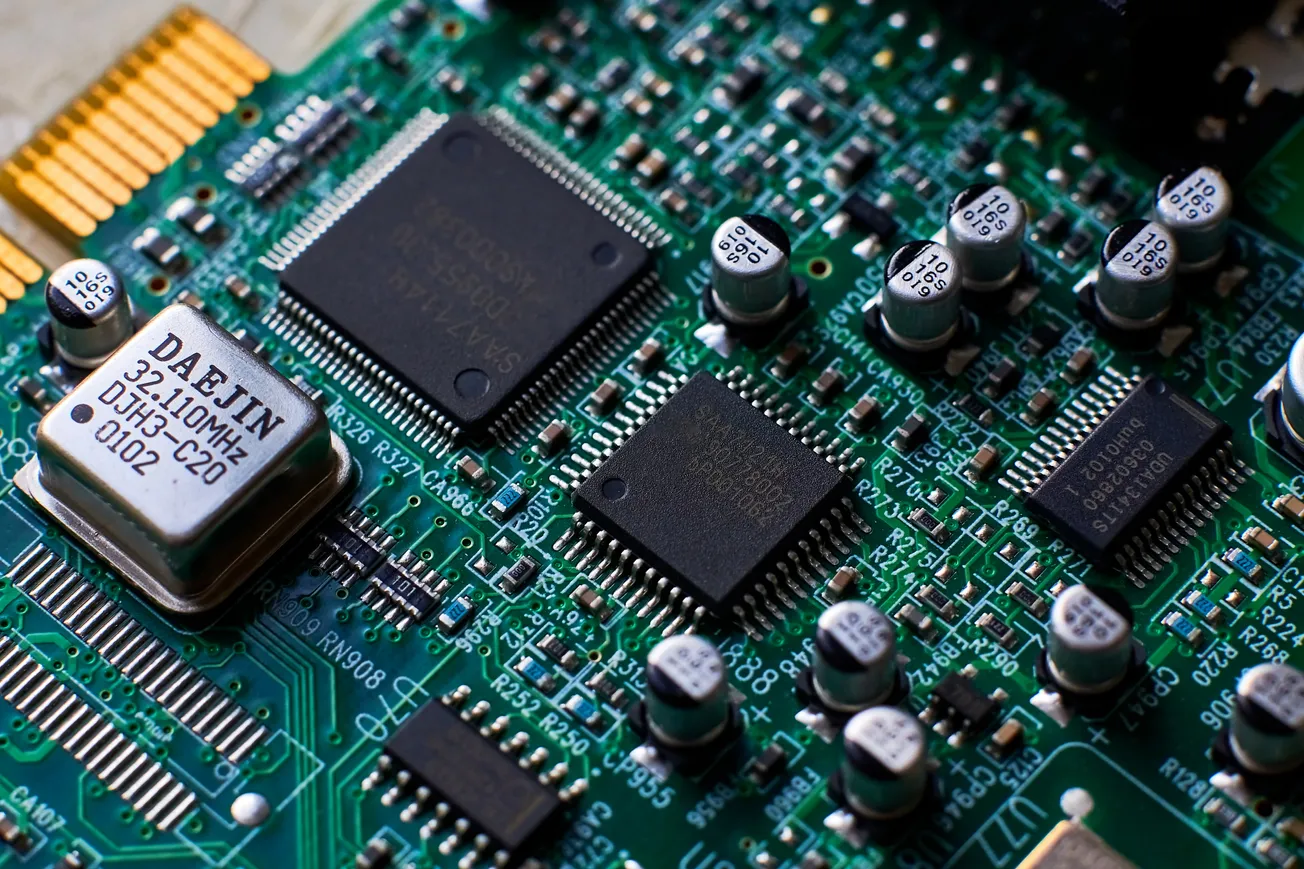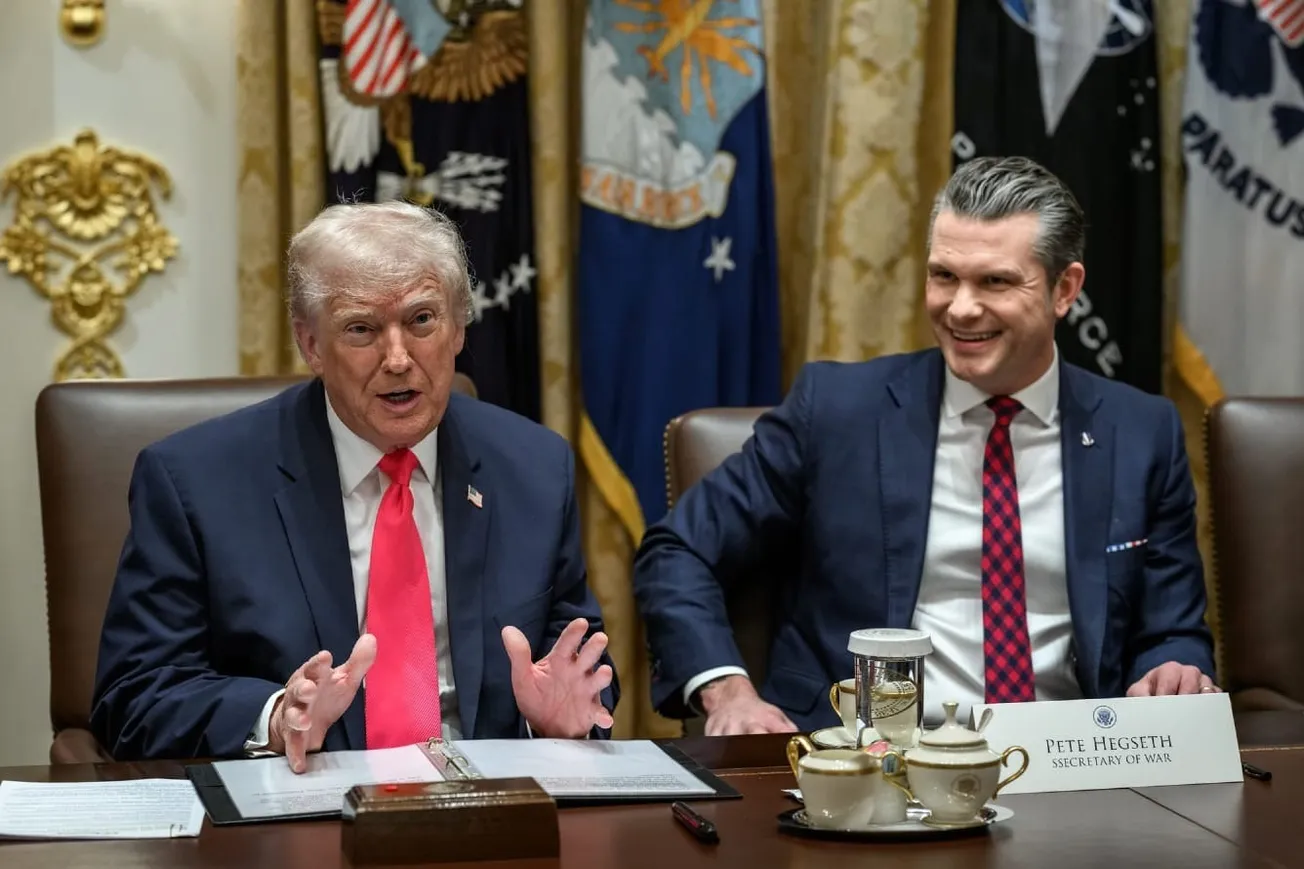Beijing rarely, if ever, fails to react to a real or perceived threat, especially from the West. At the G7 meeting in Tokyo, President Biden stated that the leaders were keen to "de-risk and diversify" their relationship with China.
The next day, the Cyberspace Administration of China (CAC) published a brief statement: "The review found that Micron's products have serious network security risks, which pose significant security risks to China's critical information infrastructure supply chain, affecting China's national security." So far, the American chip maker has been banned only from key infrastructure projects.
The latest move by China was not wholly unexpected. Back in March, President Xi had threatened to retaliate against what he termed as Washington's efforts to "block" China's development. The "block" he referred to was the decision by the U.S. and the E.U. to curb the transfer of advanced chip manufacturing technology and equipment to the country. Japan later joined the fray, restricting Beijing's access to specific technology for making processor chips.
The concerted effort by the international community was primarily in response to fears sparked by China's rapid militarization and aggression. Advanced semiconductor chips are crucial components in nuclear missile delivery systems and other weapons of modern warfare. The increasing military-civil fusion on the Chinese mainland, wherein technology and resources enjoy a quick two-way transfer between the civil society and the military establishment, has raised alarms. The Western world is trying to slow down China's race toward becoming a military superpower to safeguard international peace and strengthen national security.
Meanwhile, with its latest move, Beijing is walking a tightrope. Despite massive investments, multiple incentives, and government initiatives, China's chip industry is a few years behind technological advancements elsewhere.
Until domestic R&D and production catch up, China has no choice but to rely on international suppliers. While much of the world's electronics is assembled in China, many components are shipped from abroad. Amid an economic slowdown, worsened by the disastrous Zero Covid policy, the country cannot afford to have one of its most prolific sectors stagnate.
That sentiment and economic considerations are apparent in the statement issued by the Cyberscape agency. It said, "China firmly promotes high-level opening up to the outside world and, as long as it complies with Chinese laws and regulations, welcomes enterprises and various platform products and services from various countries to enter the Chinese market." Interestingly, Micron already has manufacturing facilities in China, and the official review was announced after Japan joined the chip tech embargo.
Though China's decision is unlikely to significantly affect the American chip maker, the tit-for-tat measures do not bode well for the technology sector. As it is, many popular and widely used search engines, apps, and software are banned on the Chinese mainland. The latest on the list is ChatGPT, the popular discussion bot created by US-based OpenAI.
Industry experts warn that a complete decoupling and independent pursuit of technology development will cost us dear in the future. While national security and data privacy concerns remain and must be addressed, a shift to separate, walled garden technologies will make devices such as smartphones and laptops unusable in many parts of the world. Besides restricting portability and the use of electronic devices, the walled garden approach would likely slow innovation and require additional investment to duplicate an existing technology.
The tech dispute between the U.S. and China is just another facet of the strained and contentious relations between the two. In what could be interpreted as a slight thaw in relations, Beijing finally filled the post of Ambassador to the U.S. after leaving it vacant for four months. On his arrival in Washington, the newly-appointed diplomat, Xie Feng, said, "I've come here to enhance China-US exchanges and cooperation," while admitting that relations between the two countries face "serious difficulties and challenges."
Even as countries seek more diverse supply chains and fortify their manufacturing capabilities, China's significant role in trade and commerce cannot be disregarded. As nations formulate new policies and strengthen safeguards, the tech world hopes it will not be at the cost of innovation.
Like our insights? Show your support by becoming a paid subscriber!









